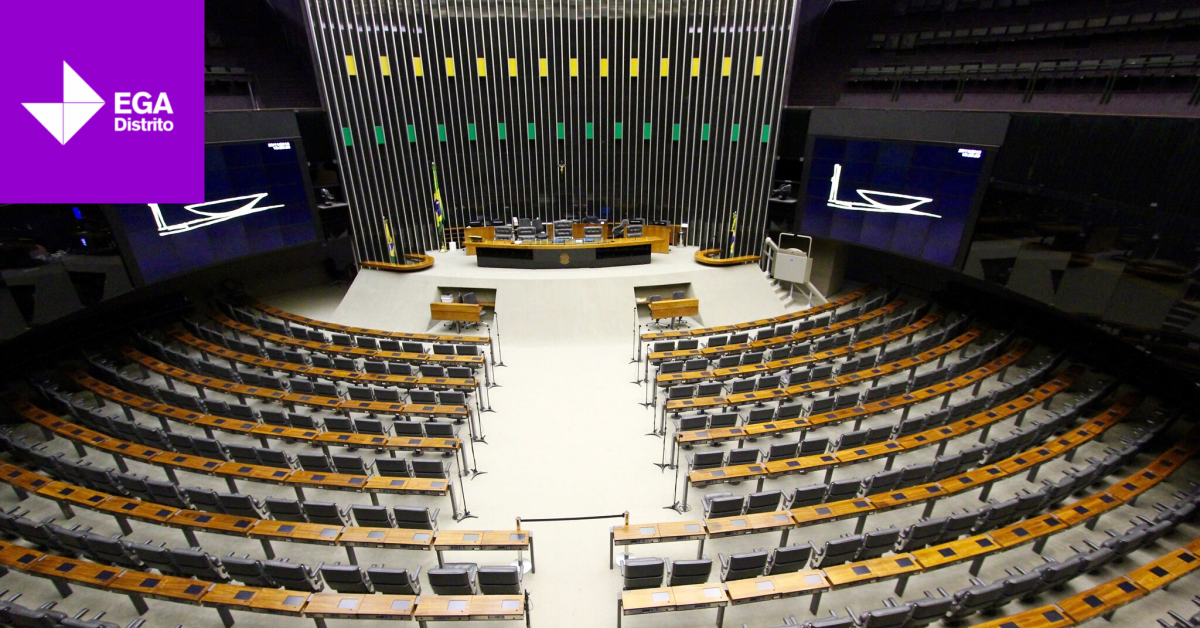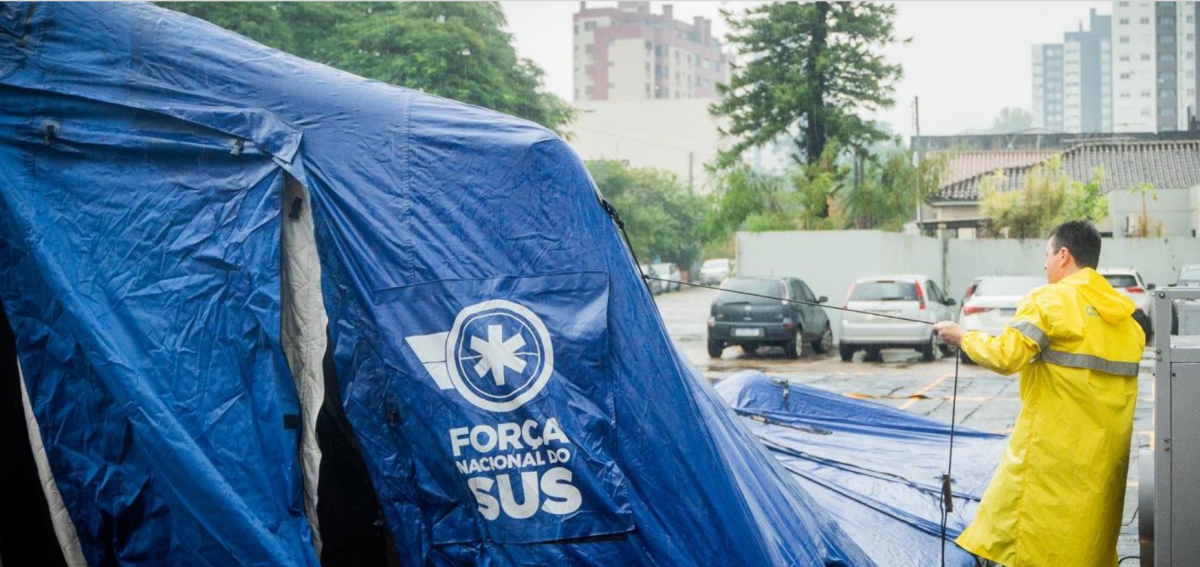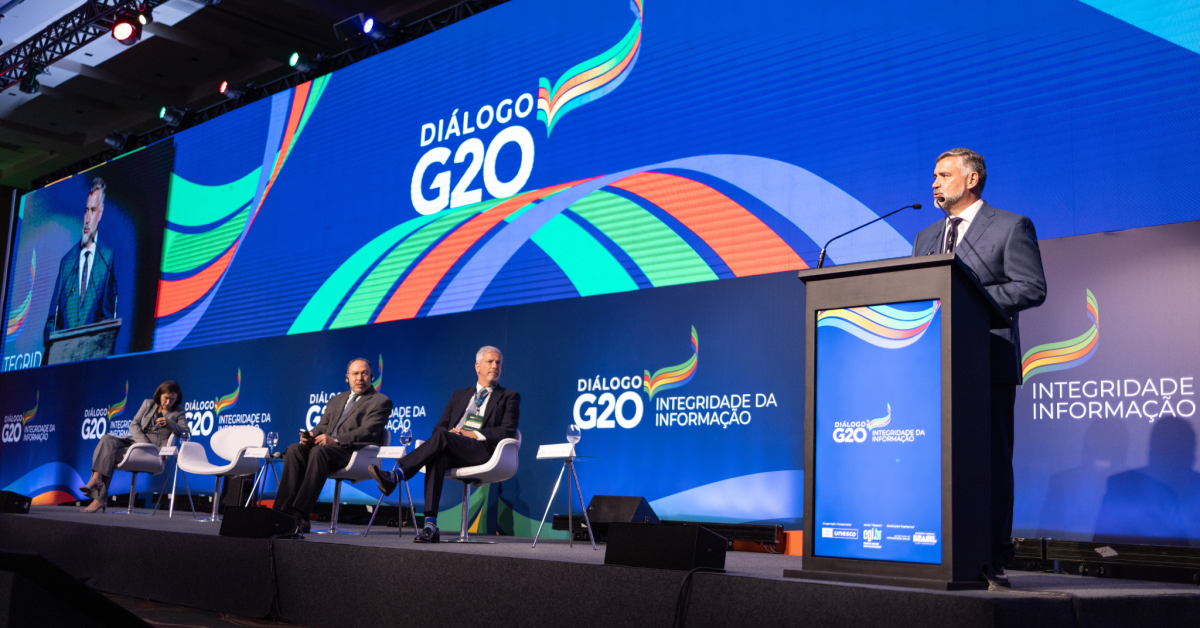Presidential Elections in Ecuador: First Round
Election Results
On February 9, 2025, Ecuador held the first round of its presidential elections in a highly competitive scenario. With a turnout of over 83% of registered voters, preliminary results reflect a very close race between the main candidates. Daniel Noboa received 44.31% of the votes, equivalent to 4.22 million votes, while Luisa González obtained 43.83%, with 4.17 million votes. The difference between them is approximately 50,000 votes, confirming the polarization of the electorate and the need for a second round of elections.
Since no candidate reached the required 50% plus one vote to win in the first round, a second round of elections has been scheduled for April 13, 2025. In the coming weeks, the candidates will need to focus their strategies on capturing undecided voters and securing alliances with political forces that were left out of the contest. Voter mobilization will be key in this process, as a highly divided electorate can tilt the final result with more or less active participation in the second round.
The electoral landscape in Ecuador remains uncertain and tight, with factors such as security and the economic situation influencing voters’ decisions. Campaign strategies in this new scenario will be crucial to consolidating support and expanding each candidate’s electoral base.

Voting by Region

The map reflects a geographical segmentation of the vote. Luisa González obtained a majority in the provinces of the Coast and Amazon, while Daniel Noboa managed to consolidate his support in much of the Sierra and some provinces in the south and east. This distribution suggests a difference in voter profiles and the political strategies of the candidates.
- Coast: González, candidate from the Correísmo movement, achieved a decisive victory in Guayas, Manabí, Esmeraldas, and other coastal provinces, where historically the electorate has supported leftist governments with a focus on social policies and subsidies.
- Sierra and Amazon: Noboa managed to prevail in the Andean Region, including key provinces such as Pichincha, Azuay, and Loja. This support suggests greater backing from urban sectors and voters who prioritize economic stability and security.
The Way Forward
With an electorate clearly divided by regions, candidates Daniel Noboa and Luisa González will need to redesign their strategies to capture the undecided vote and secure key alliances. Noboa, who had greater support in the Sierra and some Amazonian provinces, needs to strengthen his presence in the Coast, where González gained a considerable advantage. For her part, González will need to expand her support base in the Andean region and consolidate her message to attract urban and middle-class sectors that are not yet fully defined.
What it Means for Business
The economy, security, and social stability will be determining issues in the final stretch of the campaign. Additionally, alliances with parties that were left out of the contest will now play a key role in the electoral outcome. Whichever candidate wins, along with their allies, will have a unique impact on the key issues and businesses operating in Colombia and the region:
- The winner faces a challenging business environment. The elected president will face significant challenges such as solving the country’s current fiscal crisis, insecurity, and problems in the electricity sector that hinder the investment climate for foreign companies and increase uncertainty about the country’s macroeconomic stability.
Ecuador-US relations could go either way—but trade will remain the focus. If Noboa wins, the relationship with the United States could intensify, favoring cooperation in security, the fight against drug trafficking, and even the possibility of allowing foreign military bases in Ecuador. If González wins, Ecuador could realign with leftist governments in Latin America seeking greater autonomy, which could lead to possible distancing from the United States.
Regardless of the winner, it is important to note that the United States is Ecuador’s main trading partner, and the bilateral agenda should continue to focus on areas such as cybersecurity, public security, the fight against drug trafficking, and the development of social programs.
Both candidates agree on maintaining dollarization in Ecuador and their support for the dollar to remain the only legal tender to ensure greater monetary stability.
- China also plays a key role, which may be complicated by US dynamics. Although Ecuador maintains a strategic partnership with China, this could be affected by recent pressures from Washington and Marco Rubio’s leadership in the State Department. These dynamics may, in turn, impact key projects such as oil exploration with Andes Petroleum, mining interests, and the construction of hydroelectric facilities. However, the growing debt with China and the need for liquidity to face fiscal restrictions imposed by the International Monetary Fund mean that Ecuador continues to depend on Chinese cooperation.
Materials presented by Edelman's public & government affairs experts. For additional information, reach out to Ana.Aranguren@Edelman.com.



